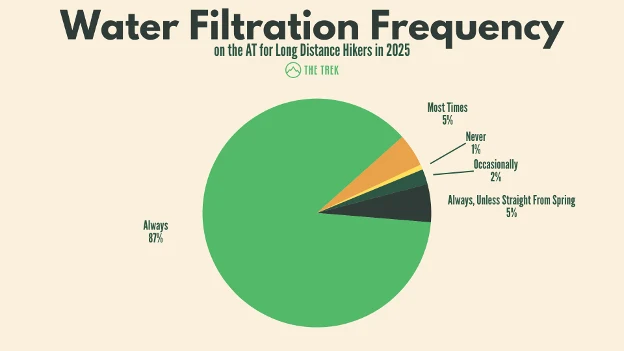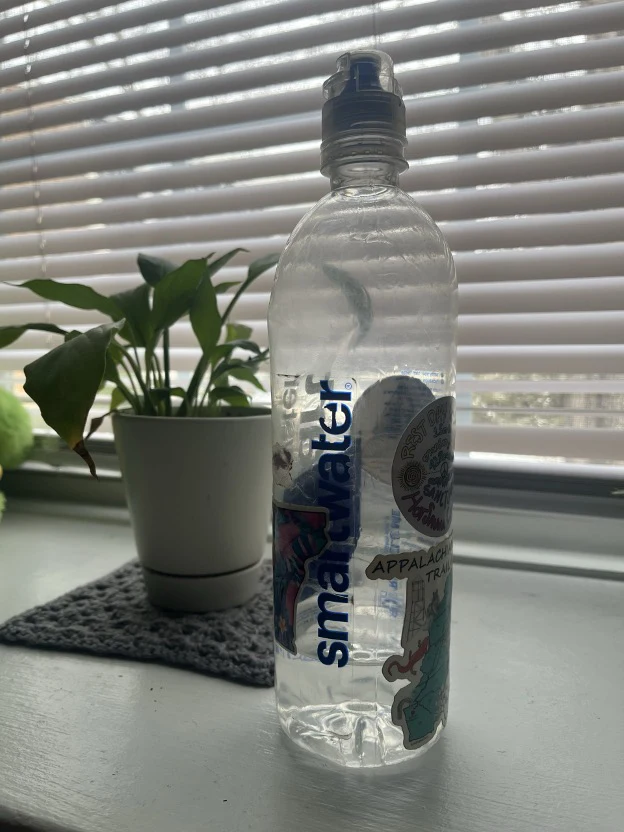Drugs.com: Insect Repellents: How to Use Them Safely
Drugs.com: Insect Repellents: How to Use Them Safely

Drugs.com: Insect Repellents: How to Use Them Safely
Insect Repellents: Safe and Effective Use
The search for an insect repellent can be confusing and sometimes even scary. Is DEET safe? Can I use an insect repellent on my children? What are the most common side effects with insect repellents? These questions, and more, deserve sound answers before you head out into the wild of mother nature.
Not only do insect repellents keep mosquitoes, ticks, biting flies, gnats and other bugs away, insect repellents are a safe and effective way to prevent insect-borne diseases. Several million people worldwide die from mosquito-borne diseases every year, but mosquitoes and other insects can be controlled.
Common Insect-Borne Diseases
Mosquito bites can lead to:
- West Nile virus
- Malaria
- Dengue fever
- Chikungunya virus
- Encephalitis
- Yellow Fever (rare in US)
- Zika virus
Ticks can cause:
- Lyme disease
- Rocky Mountain Spotted Fever (RMSF)
- Powassan virus (increasing incidence)
- Ehrlichiosis
- Encephalitis
The U.S. Centers for Disease Control and Prevention (CDC) recommend the use of insect repellents to prevent mosquito-borne diseases. Insect repellents are also useful to prevent bites, skin eruptions and rashes that may be caused by an insect's bite. Mosquito bites can cause severe skin irritation through an allergic reaction to the mosquito's saliva.
The application of repellents to fight off mosquitos is one of their most common uses. In the 20th century, malaria was eliminated in the temperate area of the world with the use of DDT and other organophosphate insecticides.
However, still today, roughly half of the world's population in tropical or subtropical regions may be exposed to malaria through mosquito bites. Over 229 million cases of malaria occurred in 2019, with most of them in Africa. Over 400,00 deaths were estimated annually. Deaths due to malaria occur mostly in children under 5 years of age in Sub-Saharan Africa.
Insects and arachnids that bite in self-defense instead of to feed -- such as yellow jackets, bees, wasps, hornets, certain ants or spiders -- cannot be repelled with insect repellents.
Continue reading the complete write up reviewed by Leigh Ann Anderson, PharmD here.
Drugs.com: Insect Repellents: How to Use Them Safely


Insect Repellents: Safe and Effective Use
The search for an insect repellent can be confusing and sometimes even scary. Is DEET safe? Can I use an insect repellent on my children? What are the most common side effects with insect repellents? These questions, and more, deserve sound answers before you head out into the wild of mother nature.
Not only do insect repellents keep mosquitoes, ticks, biting flies, gnats and other bugs away, insect repellents are a safe and effective way to prevent insect-borne diseases. Several million people worldwide die from mosquito-borne diseases every year, but mosquitoes and other insects can be controlled.
Common Insect-Borne Diseases
Mosquito bites can lead to:
- West Nile virus
- Malaria
- Dengue fever
- Chikungunya virus
- Encephalitis
- Yellow Fever (rare in US)
- Zika virus
Ticks can cause:
- Lyme disease
- Rocky Mountain Spotted Fever (RMSF)
- Powassan virus (increasing incidence)
- Ehrlichiosis
- Encephalitis
The U.S. Centers for Disease Control and Prevention (CDC) recommend the use of insect repellents to prevent mosquito-borne diseases. Insect repellents are also useful to prevent bites, skin eruptions and rashes that may be caused by an insect's bite. Mosquito bites can cause severe skin irritation through an allergic reaction to the mosquito's saliva.
The application of repellents to fight off mosquitos is one of their most common uses. In the 20th century, malaria was eliminated in the temperate area of the world with the use of DDT and other organophosphate insecticides.
However, still today, roughly half of the world's population in tropical or subtropical regions may be exposed to malaria through mosquito bites. Over 229 million cases of malaria occurred in 2019, with most of them in Africa. Over 400,00 deaths were estimated annually. Deaths due to malaria occur mostly in children under 5 years of age in Sub-Saharan Africa.
Insects and arachnids that bite in self-defense instead of to feed -- such as yellow jackets, bees, wasps, hornets, certain ants or spiders -- cannot be repelled with insect repellents.
Continue reading the complete write up reviewed by Leigh Ann Anderson, PharmD here.
Drugs.com: Insect Repellents: How to Use Them Safely


Insect Repellents: Safe and Effective Use
The search for an insect repellent can be confusing and sometimes even scary. Is DEET safe? Can I use an insect repellent on my children? What are the most common side effects with insect repellents? These questions, and more, deserve sound answers before you head out into the wild of mother nature.
Not only do insect repellents keep mosquitoes, ticks, biting flies, gnats and other bugs away, insect repellents are a safe and effective way to prevent insect-borne diseases. Several million people worldwide die from mosquito-borne diseases every year, but mosquitoes and other insects can be controlled.
Common Insect-Borne Diseases
Mosquito bites can lead to:
- West Nile virus
- Malaria
- Dengue fever
- Chikungunya virus
- Encephalitis
- Yellow Fever (rare in US)
- Zika virus
Ticks can cause:
- Lyme disease
- Rocky Mountain Spotted Fever (RMSF)
- Powassan virus (increasing incidence)
- Ehrlichiosis
- Encephalitis
The U.S. Centers for Disease Control and Prevention (CDC) recommend the use of insect repellents to prevent mosquito-borne diseases. Insect repellents are also useful to prevent bites, skin eruptions and rashes that may be caused by an insect's bite. Mosquito bites can cause severe skin irritation through an allergic reaction to the mosquito's saliva.
The application of repellents to fight off mosquitos is one of their most common uses. In the 20th century, malaria was eliminated in the temperate area of the world with the use of DDT and other organophosphate insecticides.
However, still today, roughly half of the world's population in tropical or subtropical regions may be exposed to malaria through mosquito bites. Over 229 million cases of malaria occurred in 2019, with most of them in Africa. Over 400,00 deaths were estimated annually. Deaths due to malaria occur mostly in children under 5 years of age in Sub-Saharan Africa.
Insects and arachnids that bite in self-defense instead of to feed -- such as yellow jackets, bees, wasps, hornets, certain ants or spiders -- cannot be repelled with insect repellents.
Continue reading the complete write up reviewed by Leigh Ann Anderson, PharmD here.

























































































































